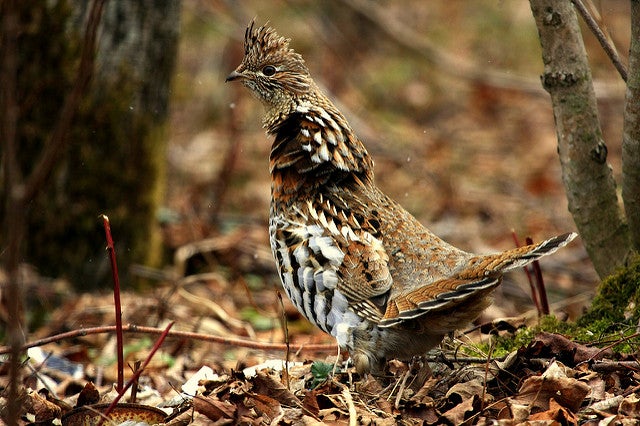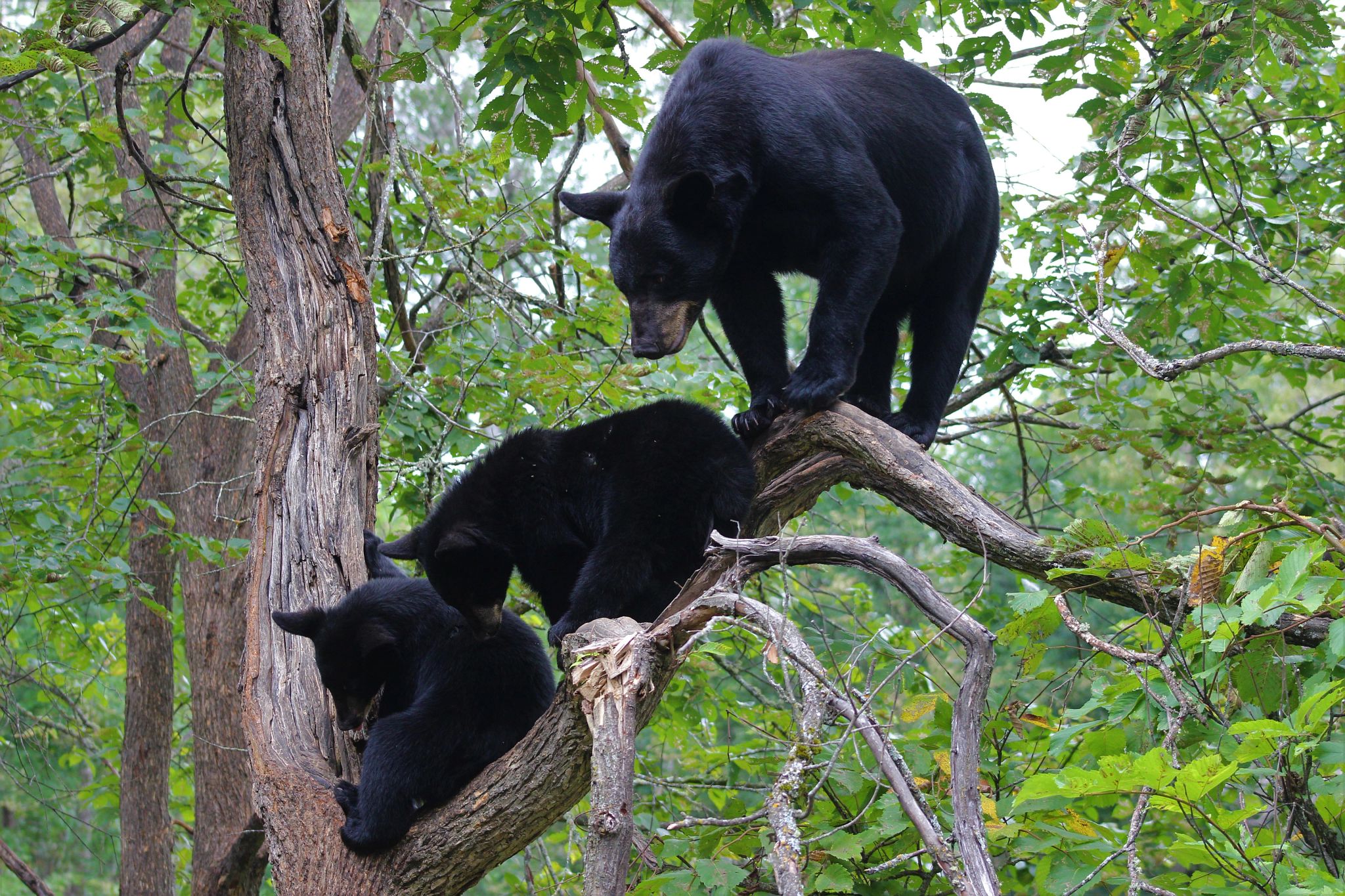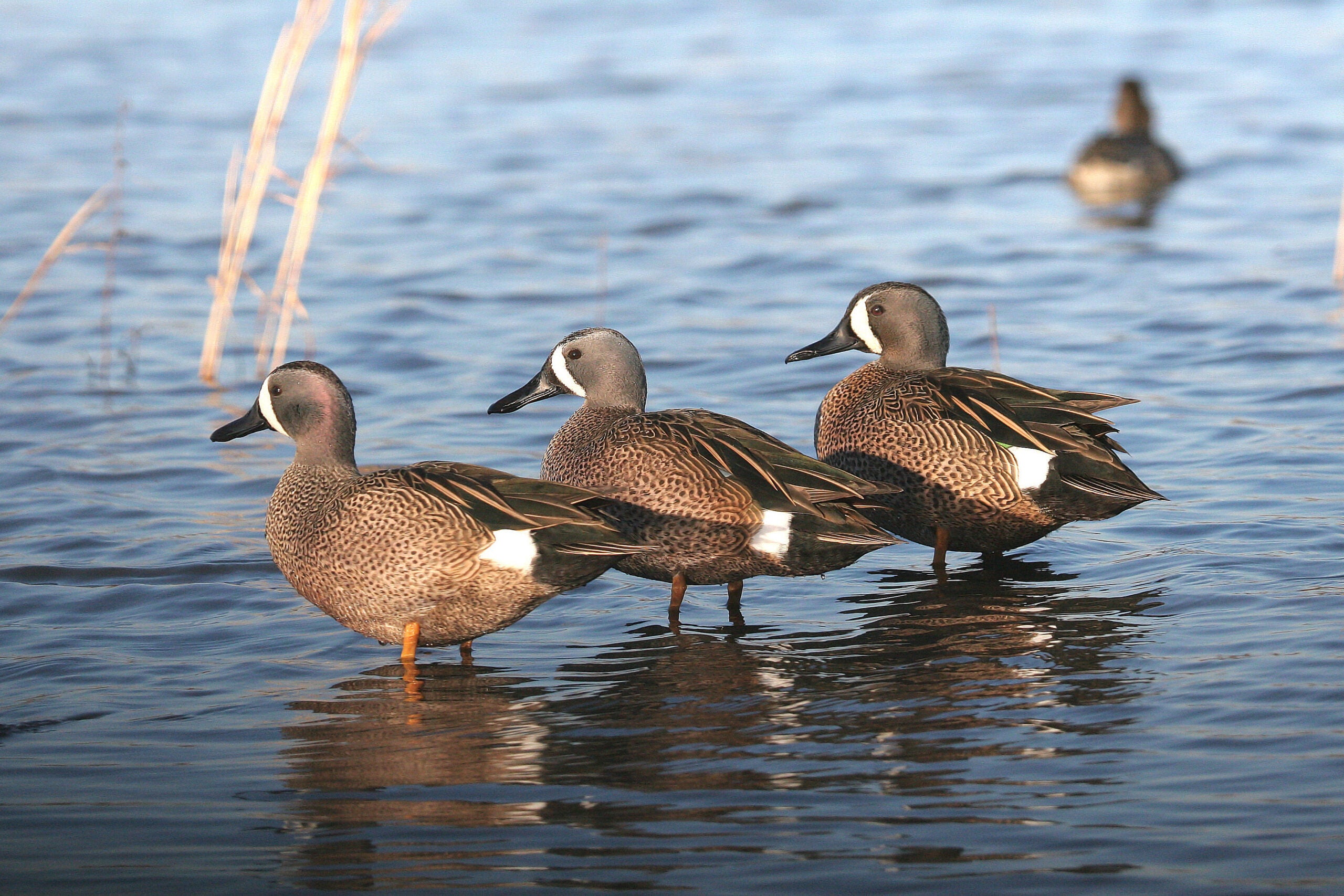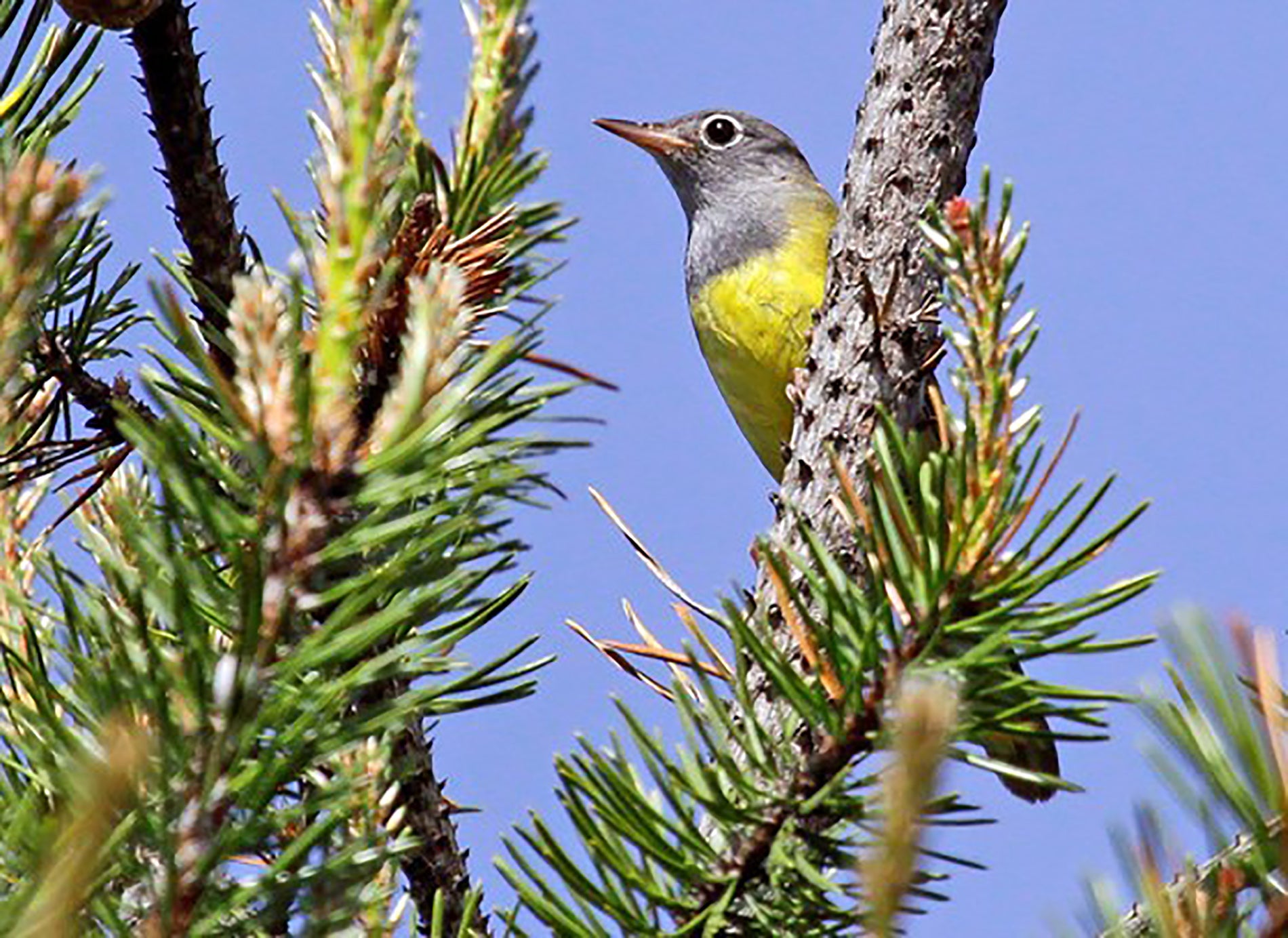A decline in the number of ruffed grouse in Wisconsin is alarming hunters who think it could be related to West Nile virus. To determine what impact, if any, the disease is having on the population, the state Department of Natural Resources is kicking off a three-year study on the matter this fall.
Ruffed grouse are by far the most popular game bird in Wisconsin. Their population swings every 10 years and right now grouse numbers should be increasing. But last season around 40,000 fewer birds were shot than the year before.
DNR upland wildlife ecologist Mark Witecha said while there hasn’t been a confirmed case of West Nile virus in Wisconsin grouse, hunters are concerned it’s hurting the population.
Stay informed on the latest news
Sign up for WPR’s email newsletter.
“Based on those concerns, based on the fact that Michigan had detected West Nile virus in the population for the first time last year we thought it would be wise to get some baseline information on West Nile virus prevalence in ruffed grouse here in Wisconsin,” said Witecha
The DNR will partner with natural resource agencies in Minnesota, Michigan and Pennsylvania on the study. Also, Witecha said the Ruffed Grouse Society and Wisconsin Conservation Congress is playing a vital role in recruiting hunters to collect blood and tissue samples to test for West Nile virus.
Dan Dessecker worked as a senior wildlife biologist and director of conservation policy for the Ruffed Grouse Society during his 30-year tenure with the organization. He said it’s unclear whether the virus is the cause of the recent ruffed grouse population decline in Wisconsin but it’s worth studying.
“We just don’t know. We just don’t have the information to suggest that West Nile was the cause of the significant decline we saw last year but there weren’t a lot of other options out there that when you look at things that may have affected the birds,” said Dessecker.
The ruffed grouse study will begin this fall as hunters submit samples to the DNR. It will conclude in 2021.
Wisconsin Public Radio, © Copyright 2024, Board of Regents of the University of Wisconsin System and Wisconsin Educational Communications Board.





